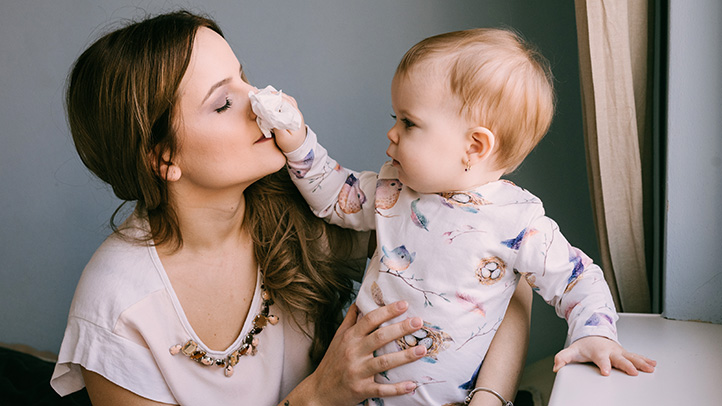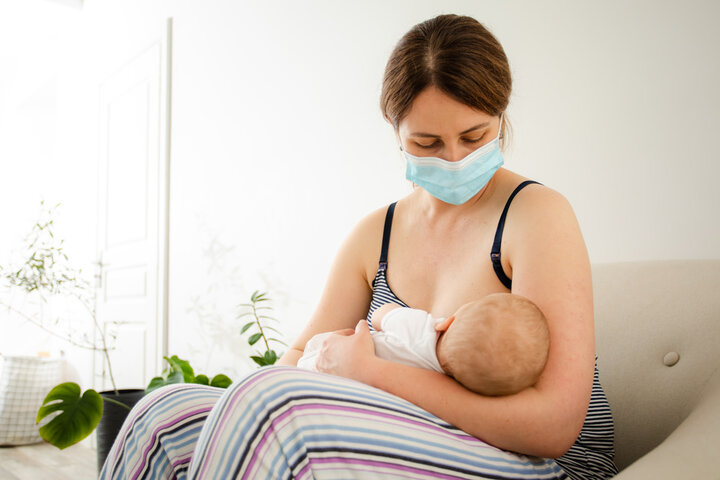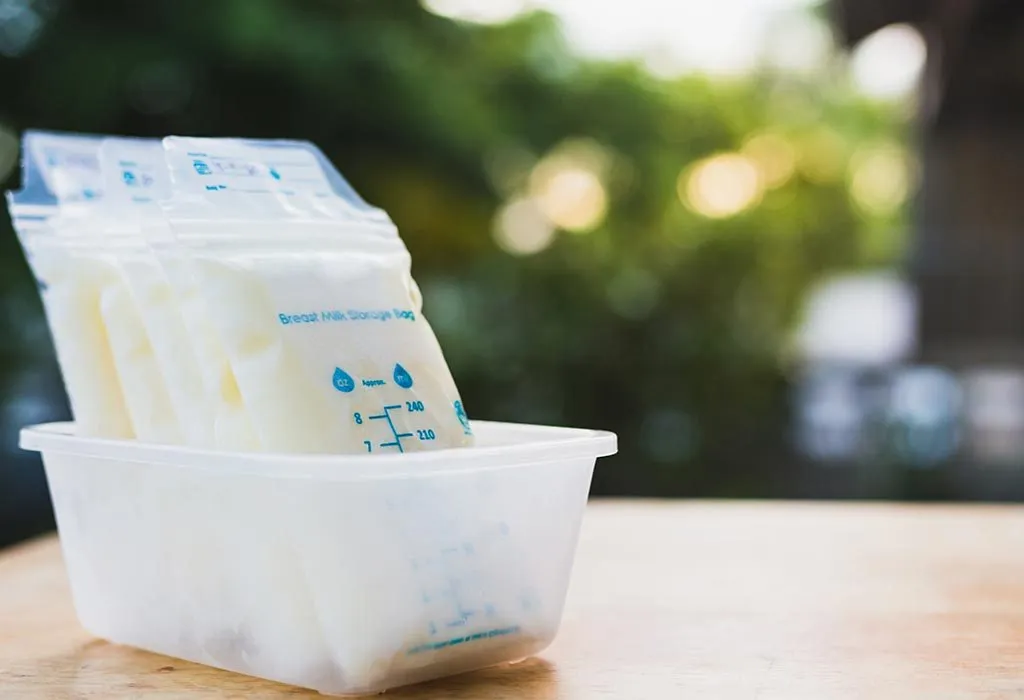Breastfeeding When You’re Sick: A Guide for Moms
Getting sick while breastfeeding can be stressful. You want to take care of yourself, but you also want to continue providing the best nourishment for your baby. This guide offers information and support for navigating illness while breastfeeding.
Can I Continue Breastfeeding When I’m Sick?
While the answer is generally “yes,” the decision to breastfeed while sick requires careful consideration and understanding of the individual circumstances. Let’s delve deeper into this section to explore various factors and scenarios:
Benefits of Breastfeeding While Sick:
- Protection for your baby: Breast milk is a powerful tool against illness for your baby. It contains antibodies specifically tailored to fight the infection you’re battling, offering your baby a natural immunity boost. These antibodies can help prevent your baby from getting sick or lessen the severity of their symptoms if they do become infected.
- Comfort and reassurance: Breastfeeding provides comfort and closeness during a time when your baby might feel unwell or irritable due to your illness. The familiar warmth and physical contact can offer a sense of security and promote feelings of well-being.
- Maintains milk supply: Continuing to breastfeed regularly helps maintain your milk supply. Pausing breastfeeding can lead to engorgement, which can be painful and uncomfortable.
However, there are some important factors to consider:
- Type of illness: The decision to breastfeed can vary depending on the specific illness you have. In most cases, common colds, flu, stomach flu, and other similar illnesses are generally safe for continued breastfeeding.
- Severity of illness: If you are experiencing severe illness, particularly if hospitalized, your doctor might recommend temporarily pausing breastfeeding. This is usually out of an abundance of caution and to ensure both your health and your baby’s safety.
- Medications: Certain medications, especially those with strong warnings against breastfeeding, might require a temporary break from breastfeeding until they are cleared from your system. Always consult your doctor about the safety of any medication while breastfeeding.
Additional Considerations:
- Communicate with your doctor: Discuss your situation and any concerns you have with your doctor. They can advise you on the best course of action based on your specific illness, medical history, and your baby’s health.
- Take precautions: If you choose to continue breastfeeding while sick, take extra steps to minimize the risk of transmitting the illness to your baby. This includes frequent handwashing, covering coughs and sneezes, and wearing a mask if experiencing respiratory symptoms.
- Monitor your baby: Pay close attention to your baby’s behavior and feeding habits. If you notice any concerning signs like fever, difficulty feeding, or decreased alertness, contact your pediatrician immediately.
When You Might Need to Pause Breastfeeding (Temporarily)
While breastfeeding while sick offers numerous benefits, there are rare situations where a temporary pause might be recommended. Let’s delve deeper into situations where pausing breastfeeding might be necessary:
1. Specific Medical Conditions:
- Active tuberculosis (TB): If you have active tuberculosis, breastfeeding is not recommended to protect your baby from potential infection. However, you can still pump and store your milk for later use if your doctor approves. Discuss alternative feeding options with your doctor and healthcare team.
- HIV or HTLV-1: While the risk of transmission through breast milk is very low with proper medication and adherence to guidelines, some healthcare professionals may advise against breastfeeding in these cases. Consult your doctor and a lactation consultant to understand the risks and benefits and make an informed decision.
2. Treatment with Certain Medications:
- Medications with strong warnings against breastfeeding: Some medications, like specific cancer treatments or certain psychiatric medications, might be incompatible with breastfeeding due to potential risks for the baby.
- Uncertainty about safety: In situations where the safety of a specific medication for breastfeeding is unknown, your doctor might recommend temporarily pausing breastfeeding until more information is available or alternative medications are explored.
3. Severe Illness and Hospitalization:
- Critical illness: If you are critically ill and require intensive care or are unable to safely breastfeed due to your condition, your doctor might recommend pausing breastfeeding for a short period. However, pumping and storing your milk might be an option in some cases to maintain your supply and offer your baby breast milk later.
- Concerns about your health: In specific situations, if your health is severely compromised due to illness, your doctor might prioritize your well-being and recommend temporary formula feeding or other alternatives to ensure your recovery.
Taking Care of Yourself While Breastfeeding When Sick
It’s crucial to prioritize your own health so you can adequately care for your baby:
- Rest: This is vital for your body to fight off the illness and recover. Enlist support for baby care when possible, and try to nap when your baby does.
- Hydration: Drink plenty of fluids to stay hydrated and replenish those lost due to fever or other symptoms.
- Healthy nourishment: Choose easy-to-prepare, nutritious meals and snacks to support your immune system.
- Seek medical advice: Consult your doctor for appropriate diagnosis and treatment. Discuss medication safety for breastfeeding.
Protecting Your Baby While Breastfeeding When You’re Sick
While your body works to fight your illness, taking steps to minimize the spread of germs to your baby is essential. Here are some key strategies:
1. Handwashing is Crucial:
- Before breastfeeding: Wash your hands thoroughly with soap and water before breastfeeding, handling your baby, or touching any breast pump parts.
- After hygiene tasks: Wash your hands after coughing, sneezing, going to the bathroom, or changing diapers.
- Encourage handwashing: If family members or caregivers interact closely with your baby, ask them to wash their hands frequently as well.
2. Masking for Extra Protection:
- While having symptoms: Wearing a mask when you experience respiratory symptoms like coughing or sneezing can create an extra barrier and reduce the transmission of droplets.
- Consider mask type: Choose well-fitting masks designed to filter out particles, ensuring they cover your nose and mouth effectively.
3. Cough and Sneeze Hygiene:
- Tissue tricks: Cover your mouth and nose with a tissue when coughing or sneezing, and immediately dispose of the tissue.
- If no tissue: If a tissue isn’t readily available, cough or sneeze into your elbow or upper sleeve, rather than your hands.
- Follow with handwashing: Wash your hands immediately after coughing or sneezing.
4. Keeping It Clean:
- Surfaces matter: Regularly clean and disinfect high-touch surfaces in your home, like countertops, doorknobs, and faucets.
- Pump parts: Wash and sterilize pump parts after each use according to instructions.
When to Call Your Doctor
Don’t hesitate to contact your doctor or your baby’s pediatrician if:
- Your illness worsens: Seek attention if your fever rises, you have trouble breathing, or your symptoms don’t improve within a few days.
- Your baby shows signs of illness: Let your pediatrician know if your baby develops fever, fussiness, lethargy, or other concerning symptoms.
- You have medication concerns: Consult your doctor before taking any medication, even over-the-counter ones, to ensure it’s breastfeeding-safe.
Remember: Taking care of yourself is part of taking care of your baby. By prioritizing rest, staying hydrated, and seeking medical advice when needed, you can continue nourishing your baby through breastfeeding while navigating your own recovery.


